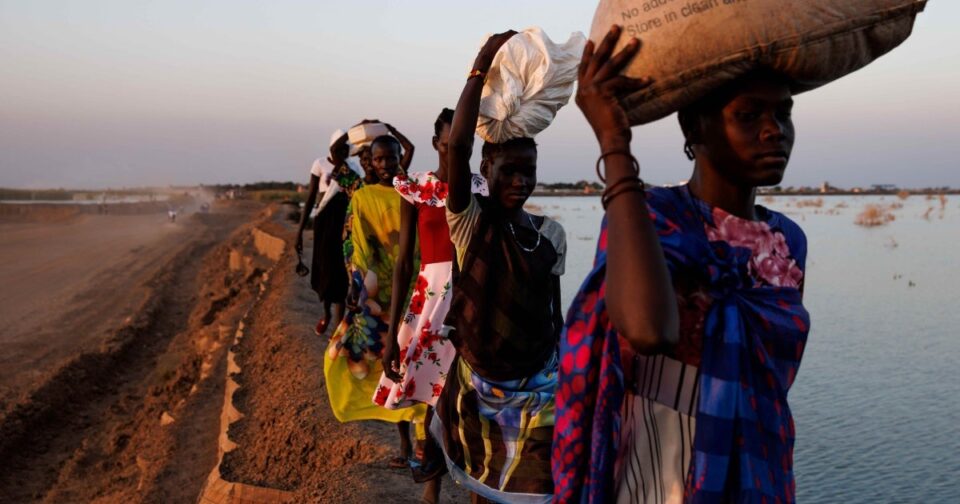NAIROBI, Kenya— The United Nations has issued a stark warning over what it describes as a sharp deterioration in South Sudan’s human rights landscape, citing the arbitrary arrest of at least 55 senior opposition officials and growing restrictions on civil liberties across the country.
In a statement released Saturday, the Office of the U.N. High Commissioner for Human Rights (OHCHR) called on the South Sudanese government to immediately release those detained, many of whom are affiliated with the Sudan People’s Liberation Movement-In Opposition (SPLM-IO), the main opposition party to President Salva Kiir’s ruling SPLM.
“The mass arrests and incommunicado detentions raise serious concerns about the government’s commitment to the 2018 peace agreement and the roadmap to democratic transition,” said Ravina Shamdasani, OHCHR spokesperson, in Geneva.
“We urge authorities to grant full access to detention facilities and uphold the fundamental rights of all detainees.”
According to multiple reports first documented by JURIST, the arrests began in early May and have accelerated in recent weeks, with several opposition members detained without warrants or formal charges.
Human rights observers say that many of those taken into custody have been denied access to legal representation and are being held at undisclosed locations.
The crackdown has drawn condemnation from regional bodies and civil society groups, who say it signals a regression into authoritarian practices just a year ahead of planned national elections.
“The timing is no coincidence,” said Nyagoah Tut Pur, South Sudan researcher at Human Rights Watch.
“This is about neutralizing political opposition and consolidating control as the country moves into an electoral season.”
South Sudan’s Ministry of Information has denied allegations of targeted political persecution, insisting that all arrests were made “in line with national security protocols.”
However, requests for clarification on the legal basis for the detentions have gone unanswered.
The deteriorating political climate comes as South Sudan faces mounting humanitarian crises, including widespread displacement, persistent intercommunal violence, and food insecurity affecting nearly two-thirds of the population.
The U.N. World Food Programme (WFP) estimates that over 7.1 million people will face acute hunger during the 2025 lean season, which begins in June.
Aid agencies warn that continued instability and state repression could impede humanitarian access in vulnerable regions.
The U.N. Mission in South Sudan (UNMISS) has called for urgent dialogue between the government and opposition factions to prevent the country from sliding back into conflict.
“South Sudan’s peace must be preserved—not just on paper, but in practice,” said UNMISS Head Nicholas Haysom during a recent briefing to the Security Council.





